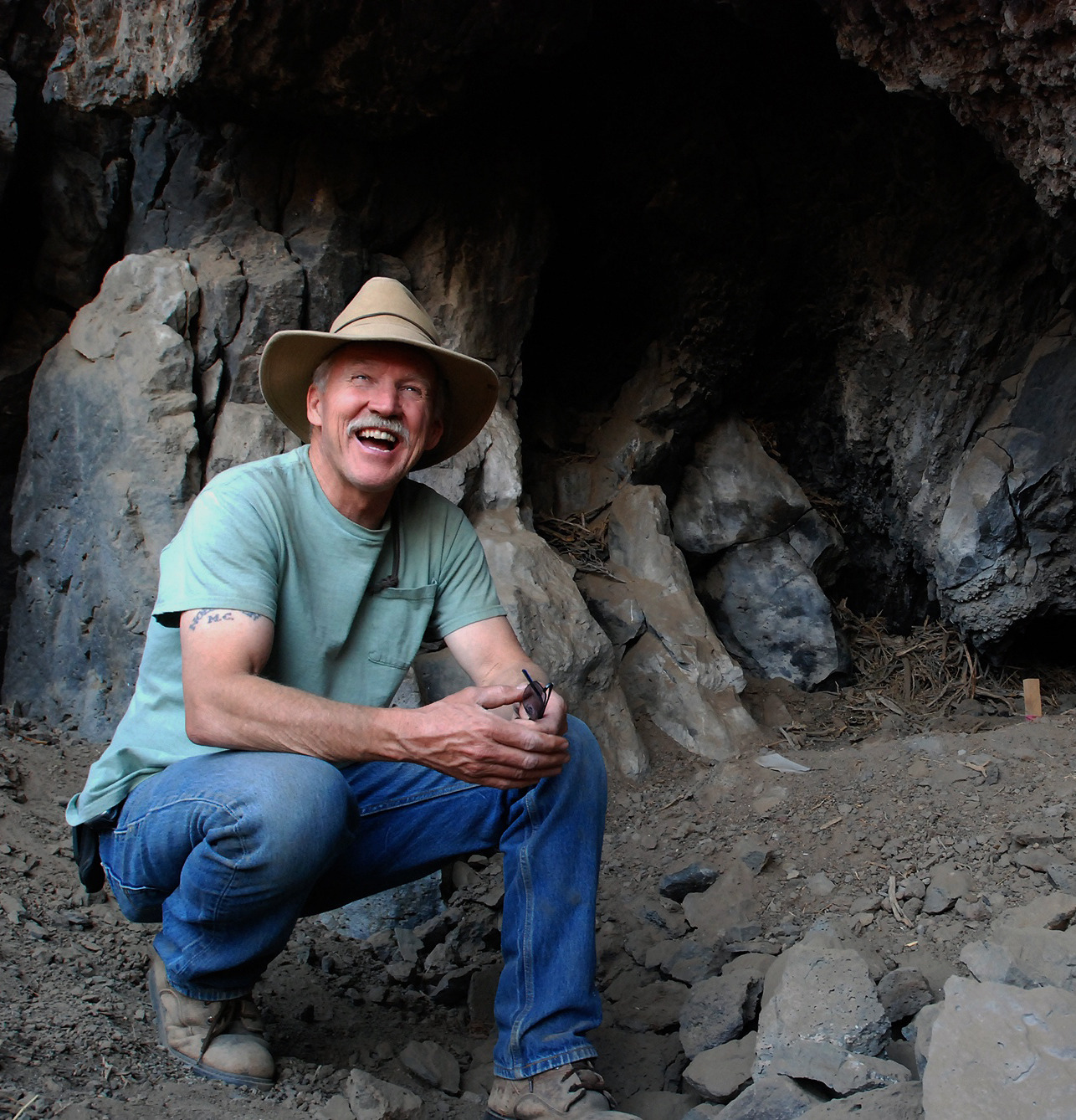
Scientists uncover 14,300-year-old human faeces in Oregon cave
Archaeologists have found the earliest DNA evidence of human habitation in North America at a cave in Oregon’s high desert. University of Oregon archaeologist Dennis Jenkins (pictured) led excavations that turned up fossilized human faeces — known as coprolites — that were radiocarbon dated to 14,300 years ago.
We are not saying that these people were of a particular ethnic group. At this point, we know they most likely came from Siberia or Eastern Asia, and we know something about what they were eating.
Eske Willerslev, director of the Centre for Ancient Genetics at Denmark’s University of Copenhagen
The finding is 1,000 years older than the stone points of the Clovis culture, which for much of the 20th century were believed to represent the first people in North America. During the two summers of fieldwork, Jenkins, colleagues and students, working in four of the caves, retrieved manufactured threads of sinew and plant fibres, hide, basketry, cordage, rope, wooden pegs, animal bones, two forms of projectile point fragments and several kinds of faeces.

Science